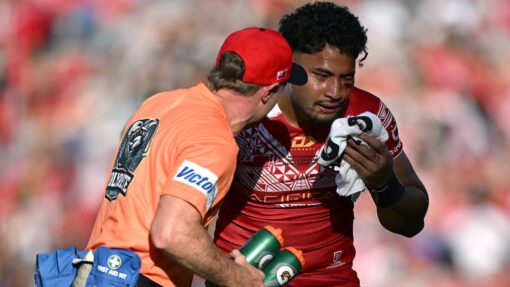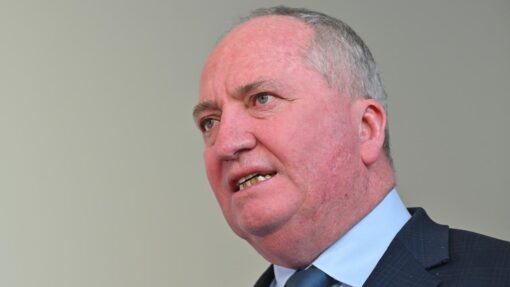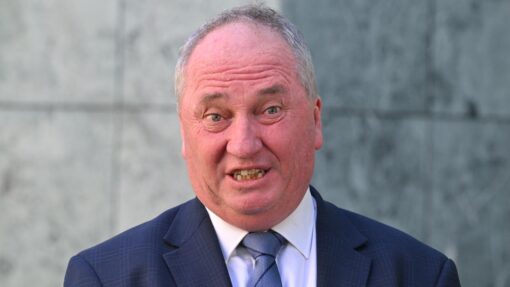Deloitte employee sacked over information breach
Andrew Brown |
Senior Deloitte executives have confirmed an employee who shared confidential government information has been stood down by the consultancy firm.
The executives told a Senate inquiry into the big firms the staff member had “inadvertently breached” Deloitte’s protocols by sharing the information while working on a government project.
Deloitte’s chief risk officer Sneza Pelusi said the incident was reported to the government department involved.
However officials did not tell the inquiry which department the project fell under, despite repeated questioning.
Deloitte informed the department of the investigation’s outcomes, which included deleting the information, standing down the employee and further disciplinary action, Ms Pelusi said.
She said the information was not shared outside of Deloitte, but confidentiality requirements within the team working on the project were breached.
The information was not used for commercial gain, chief executive Adam Powick said
Chair Tom Imbesi said Deloitte supported a government review to strengthen regulatory protections of the industry.
Mr Imbesi also said the firm would welcome annual reviews being conducted by the national audit office or another oversight body.
The inquiry was set up following a tax advice scandal involving PwC, where a former partner passed on confidential government information to clients.
Former consumer watchdog head Allan Fels has called for big consultancy firms to be broken up to reduce the risk of conflict of interest.
Professor Fels, who previously oversaw the Australian Competition and Consumer Commission, said the big firms should only focus on auditing, rather than consultancy work.
He said the government needed to introduce legislation to break up large consultancy firms.
“Self-regulation can’t be relied upon, nor can government regulation. We therefore need legislation to break up the big four,” he told the inquiry.
“The big four argued that there are benefits from combining consulting and advisory work in a business that does audit.
“This is a rather dangerous argument for them to run.”
Deloitte however said it had no intention of ring-fencing its government contracts.
“We’re very proud to serve the Australian government, so when we think about how we structure ourselves, it’s always from the viewpoint of how do we best serve the needs of our clients,” Mr Powick said.
“Our public sector clients are expecting us to bring insights and skills from the private sector into the public.”
Prof Fels said a similar approach could be taken to the consulting sector to what happened with the country’s banks following royal commission findings.
“There is a severe conflict of interest of an actual institution and the interests of customers” he said.
“It was not resolved by self regulation and government oversight, and that it could only really be solved by a break-up and that’s now happened with banking.
“They have largely or totally got out of the most conflicting activities.”
Finance Minister Katy Gallagher said while she was aware of an over-reliance on consultancy firms being used for government projects, the scale became apparent after she won office.
“It is a problem – it is worse than I thought,” she told ABC radio.
“We’re taking steps to rectify that, but it’s going to take a bit of time because of the way the imbalance has occurred over particularly the last five to seven years.”
The finance minister said the government was trying to bolster in-house consultancy for the public service.
Shadow treasurer Angus Taylor said conflicts of interest with consultants needed to be better managed.
“Government can become a better client. That means using consultants for when they have real value,” he said.
AAP


